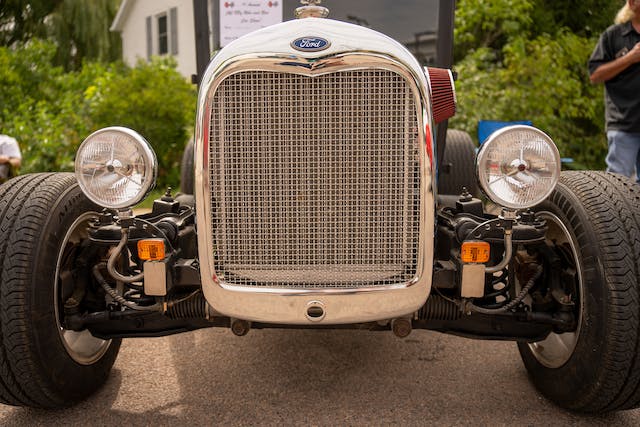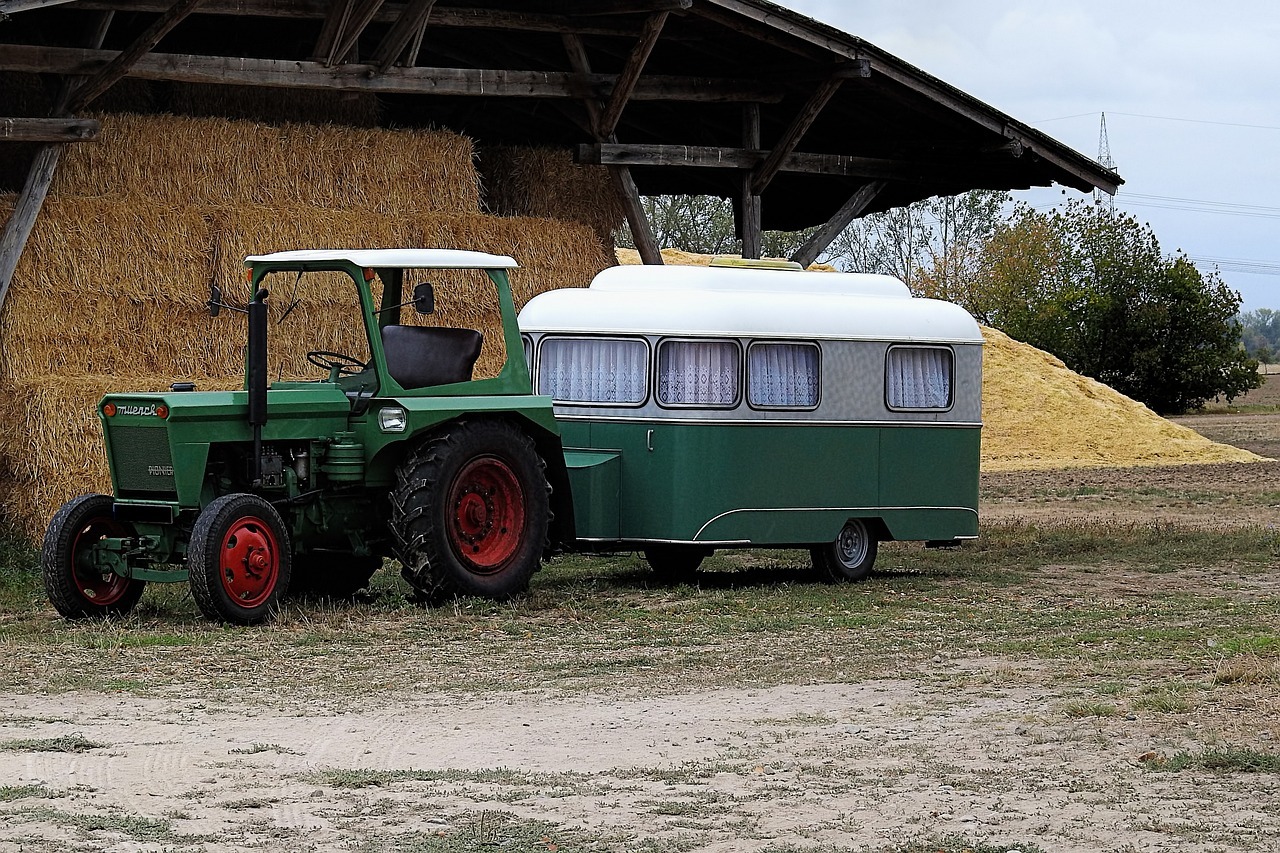The term “caravan” can mean a lot of things when it comes to a vehicle. Generally, the term is used to describe a travel trailer, also known as a fifth wheel. It’s important to differentiate between that and a Dodge Caravan minivan.
This writing concerns the fifth-wheel type of caravan. A vehicle which can be towed behind even a smaller vehicle, if you’re a careful enough driver. Accessory experts like Speedy Towbars can help you maximize your Caravan’s utility by installing towing apparatus fit to a given car, truck, or van.
Such agencies can additionally let you know whether or not you should tow a big trailer from a given vehicle. You may be surprised at what certain vehicles can do. Small cars can tow trailers if you downshift on hills and watch the RPMs—depending on the vehicle and the trailer, of course.
With this in mind, following, several essential items to keep in the trailer itself will be explored. In the unfortunate circumstance something goes awry, you want to survive, and you also want varying repair apparatus. Three key things will be looked into in these areas.
1. Water
Especially if you’re exploring some distant locale like those of the Australian Outback, you’ll want to ensure your caravan is always stocked with plenty of water. You need two supplies.
Supply one should be the internal tank on the caravan. But you want a supply you can move on your own as necessary, because if you’re in a cold region, winterization may require you clear all your pipes to keep them from freezing.
2. Spare Tires And Other Vehicular Equipment
Should you break down in a small town, service stations often don’t have tires you can acquire at a moment’s notice. If you’ve got a tear-drop trailer, have two spares. Oftentimes they’ll include a spare, they may not. You can put them in the trunk of the towing vehicle for convenience in storage. You should also consider looking at electric trailer jacks for when your towing.
Also, don’t forget to bring a durable camper van awning for sun and rain protection, available online from Campsmart and other reputable camping gear and equipment stores. Look for UV protection, waterproofing, and sturdy construction for longevity and reliable performance. Adjustable legs or support poles are standard features to customize the angle and height for optimal shade.
Don’t stop there, though. It’s essential that you have supplies like oil, coolant, and varying jacks, wrenches, screwdrivers, etc. for when you need to conduct your own repairs. A CB radio is a nice touch, though not strictly necessary. If you break down and lose cellular service in some remote area, such a radio may alert truckers to your presence. You can also learn more about CB radio vs ham radio as well.
3. A Fire Extinguisher
If your caravan catches on fire, you’re in trouble. Electrical fires and those related to poorly managed propane can all be culprits here. If you’re a smoker, a cherry could fall from an ashtray onto a rug and set things ablaze. If you’ve got a fire extinguisher, you can put out that fire. Many caravans also come equipped with fire alarms.
Both fire alarms and fire extinguishers require regular upkeep and maintenance. Fire extinguishers expire eventually, and the batteries on smoke alarms go out. Ensure such emergency equipment is properly maintained, or it will end up being of no use to you.
Choosing the right fire extinguisher for a caravan is essential for safety. Caravans have specific considerations, and it’s crucial to select an extinguisher that can effectively handle the types of fires likely to occur in such environments. Understand the fire classes, which include Class A for ordinary combustibles, Class B for flammable liquids, Class C for electrical equipment, and Class F for cooking oils and fats.
Due to limited space in caravans, opt for a compact and appropriately sized extinguisher, such as a 2kg dry powder extinguisher that works for Class A, B, and C fires. Consider the type of extinguisher based on your needs, such as dry powder, foam, carbon dioxide (CO2), or wet chemical. Additional features like a pressure gauge, mounting bracket, and compliance with safety standards are important considerations.
Evaluate the extinguisher’s temperature range to ensure suitability for varying conditions in the caravan. Seeking professional advice from fire safety experts or local fire departments is recommended. Lastly, provide training to everyone in the caravan on how to use the fire extinguisher effectively and prioritize preventive measures to minimize fire risks.
Better Travels
A fire extinguisher, water, spare tires, and other emergency equipment represent some key items you’ll want to ensure are included in the manifest of your tow-along caravan trailer. Adventuring with such a recreational vehicle can be quite exciting. In the modern era, people are even living in these caravan’s for years at a time.
Don’t forget, caravans require gas certificates. These ensure that your gas is safe for other road users and of course you and your family. It’s important to make sure you keep this in your caravan as well.
Properly conducting yourself with such equipment can provide utility and potential that will broaden your horizons. If you want to have better travels, do the preparation in advance, and plan against emergency. Hopefully you never need to use a spare tire, but you know the maxim: it’s better to need it and not have it than have it and not need it.


